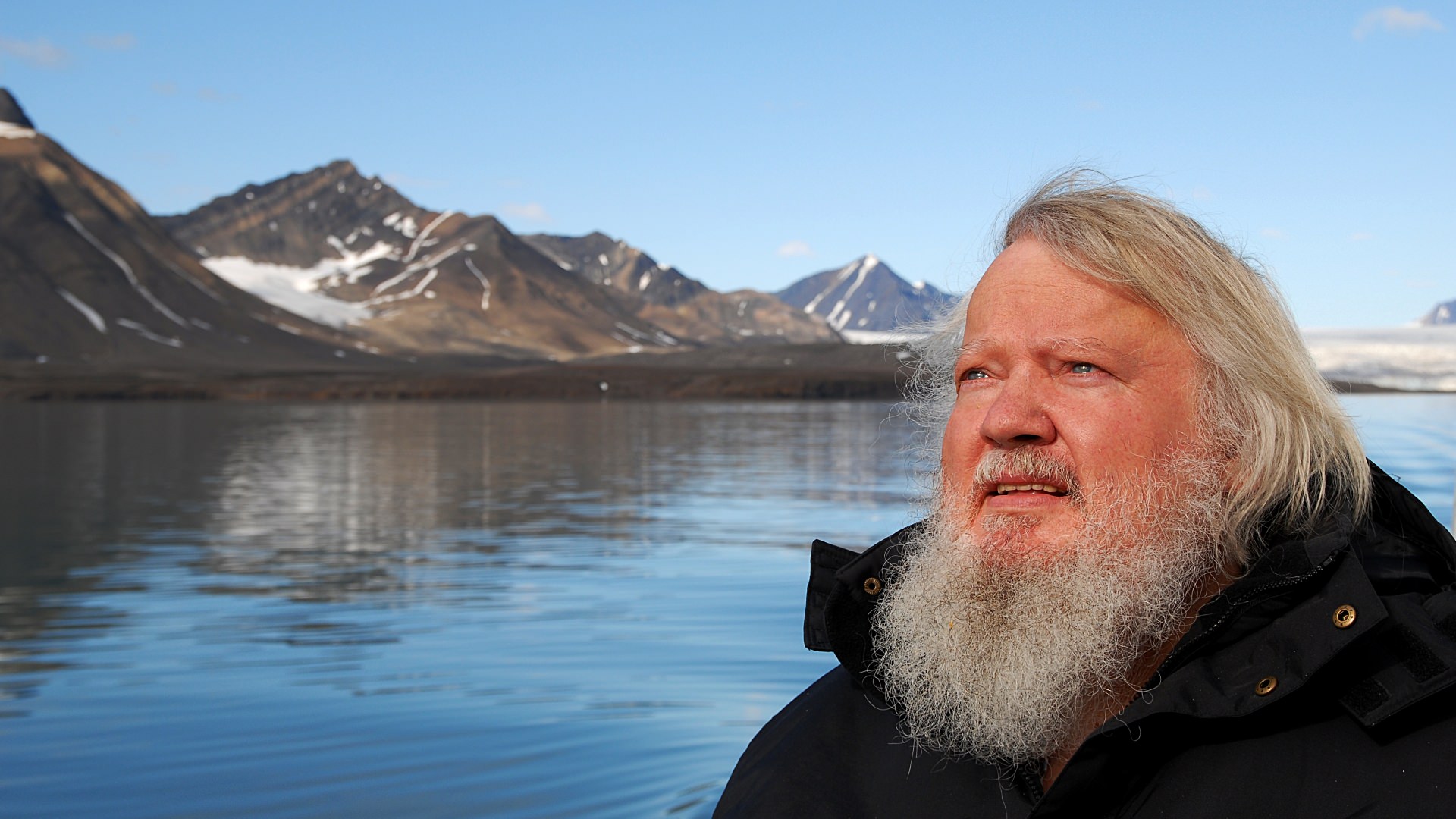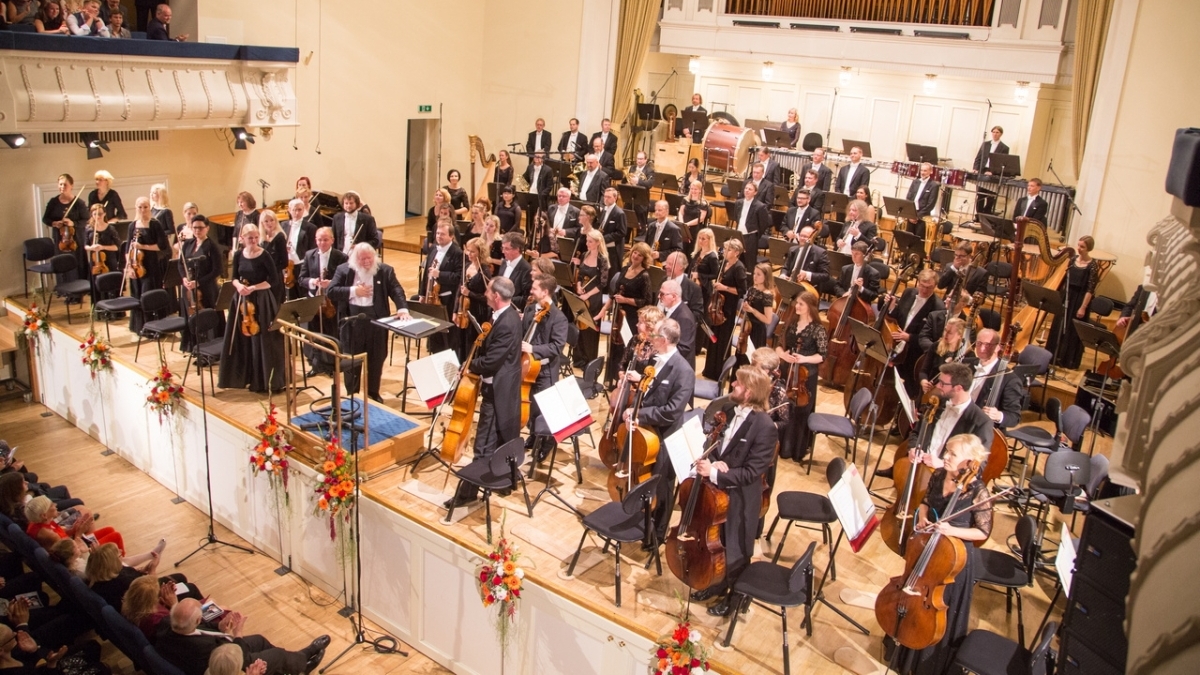Sibelius and Kullervo

I would not wish to tell a lie in art …… But I think I am now on the right path. I now grasp those Finnish, purely Finnish tendencies in music less realistically but more truthfully than before.
Jean Sibelius was born amid the Swedish-speaking elite culture in Finland. He began to steep himself in Finnish-language culture after a hard time in Berlin and Vienna, and actively look for his national identity in the late 19th century.
In 1891, enthralled by the Kalevala—national folk epic whose archaic poems of creation, nature, gods, and heroes embodied elemental Finnish culture, Sibelius penned the massive Kullervo, a five-movement "symphonic poem for soloists, chorus and orchestra" to be performed entirely in Finnish.
With his family slaughtered by his uncle, the tragic young Kullervo is sold into slavery, escapes and grows up to become a warrior. He ravishes a girl only to discover she is his long-lost sister and in guilt throws himself on his sword.
"I would not wish to tell a lie in art …… But I think I am now on the right path. I now grasp those Finnish, purely Finnish tendencies in music less realistically but more truthfully than before", says Sibelius in regard to Kullervo. This epic piece precipitates his new, modern Finnish style in ways that were to inform the rest of his career.
Conductor: Leif Segerstam

Known as a “tireless champion of Scandinavian music” (Nordic Council Music Prize), the Finnish maverick Leif Segerstam defies all traditional classifications of conductor, composer and musician. Author of over 300 symphonies and laureate of the highly-esteemed Sibelius Medal and the Finnish State Prize for Music, Segerstam has collaborated with world-renowned orchestras and opera companies over many years in his own distinctive way – a pulsating style, Dionysian vitality and an immensely addictive approach to music-making.

Estonian National Symphony Orchestra and Estonian National Male Choir
March 25, 2018 (Sunday)
City Hall Concert Hall
Galina Grigorjeva: Nocturno from Nox vitae
Sibelius: Kullervo, Op 7
Monika-Evelin Liiv, mezzo-soprano
Rauno Elp, baritone
Leif Segerstam (conductor)
Book Now